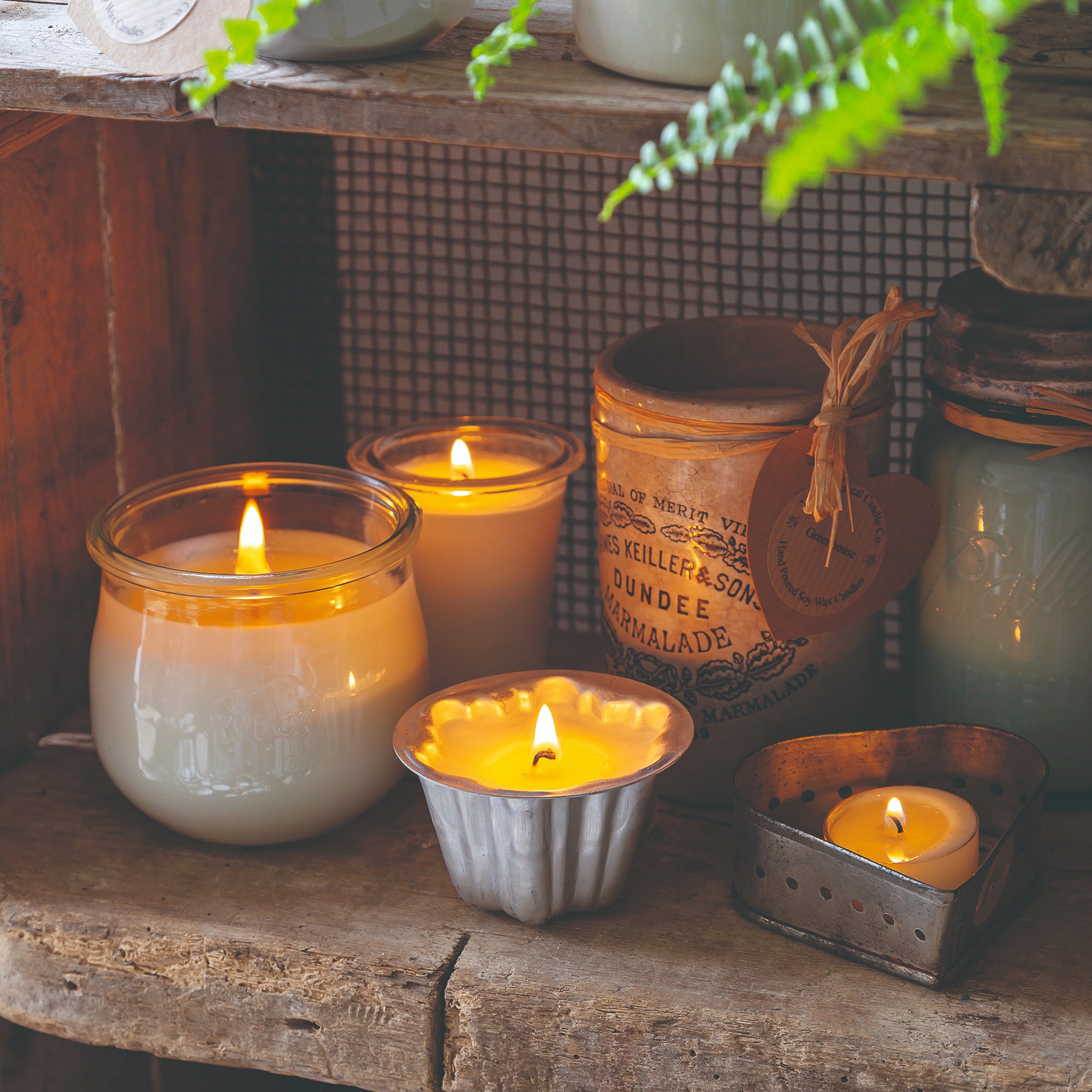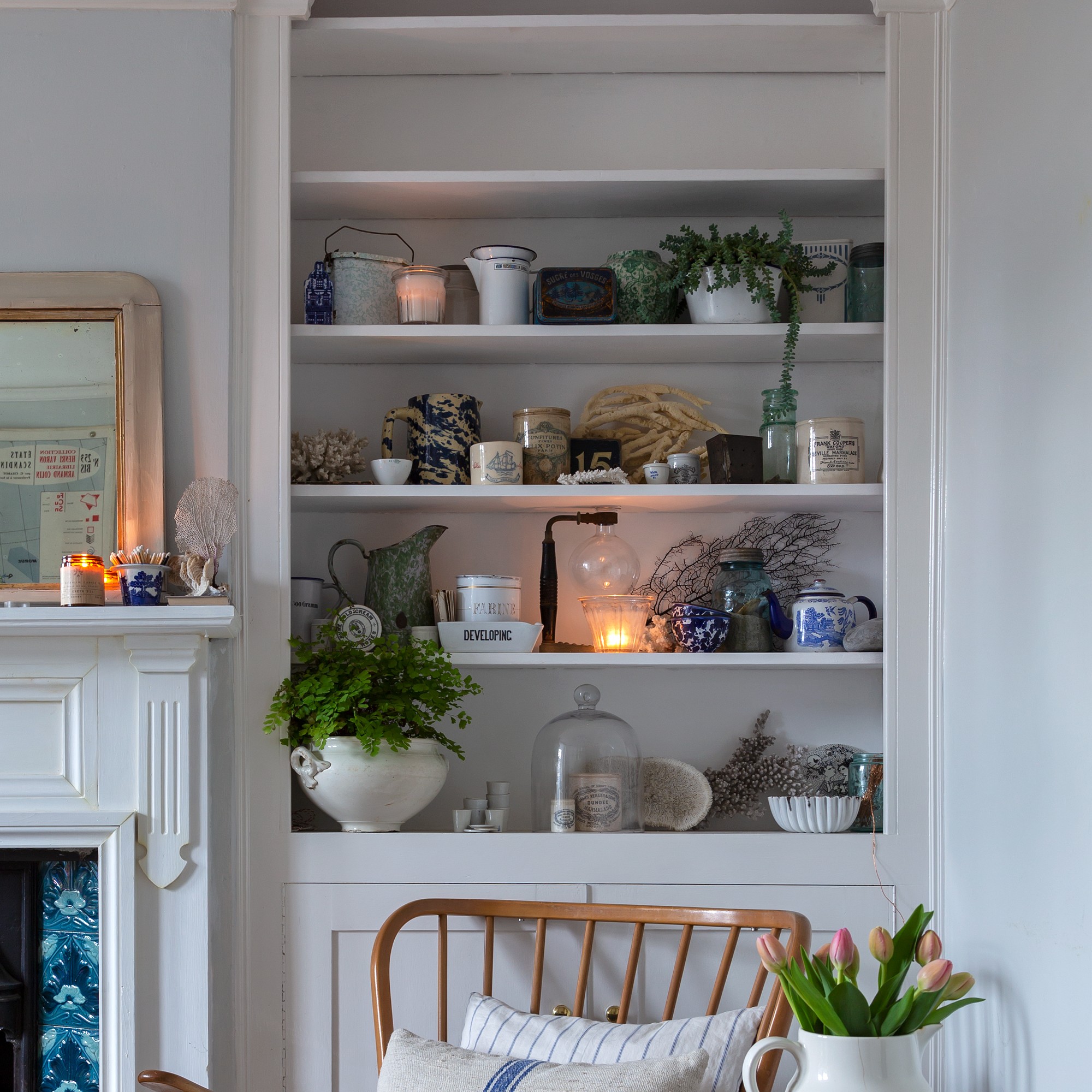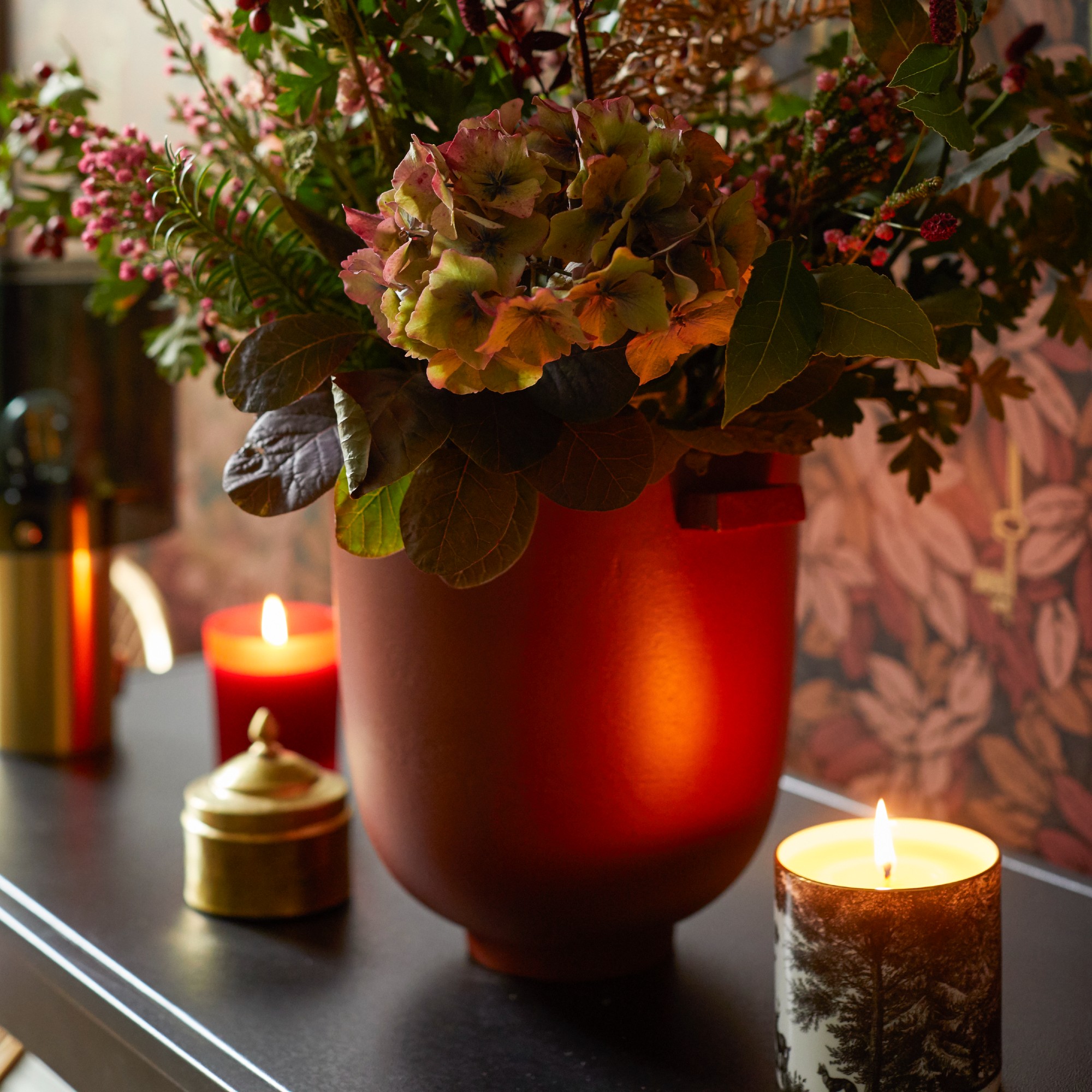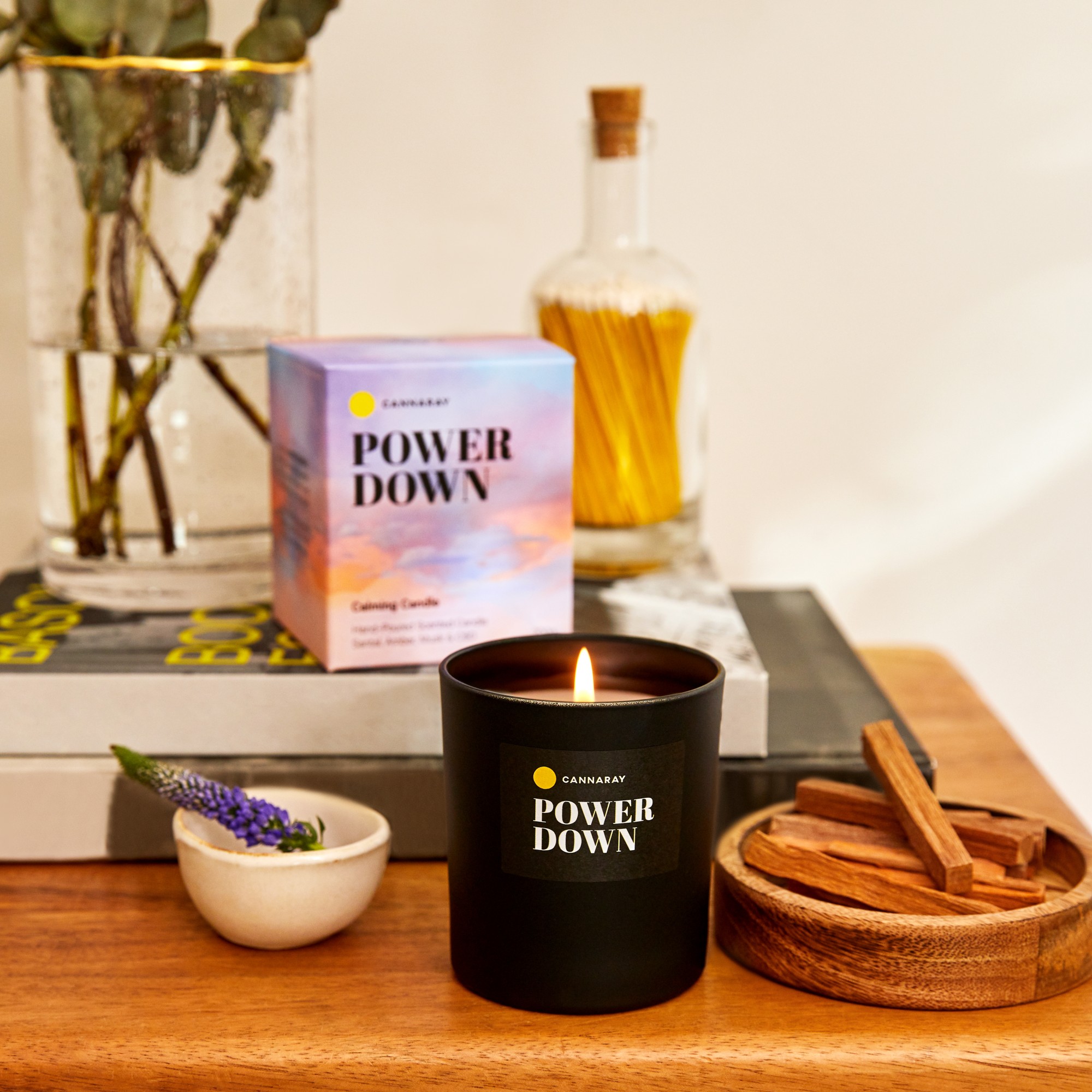
For many, lighting a scented candle is a part of a wellness ritual helping them relax at the end of a long day. So it’s confusing to say the least when an act of self-care is now said to be potentially posing a health risk. But are scented candles actually bad for you?
There is a lot of information flying around the internet about even the best scented candles being potentially harmful to our health. So to clear things up, we put it to our panel of health professionals to clarify whether we should continue burning candles at home or stop all together. Or is the best practice somewhere in the middle?
Are scented candles bad for you?
It’s important to remember that there are several factors and variables when it comes to the topic of scented candles being a health hazard.
‘Burning scented candles is generally considered a low health risk for most individuals. When candles are burned, they release particulate matter (soot) and volatile organic compounds (VOCs), including known carcinogens such as formaldehyde and benzene,’ says Navin Khosla, pharmacist at Now Patient.
‘However, the concentrations of these particles and chemicals in candle emissions are typically minimal, often insufficient to result in a noticeable impact on health.’

He continues, ‘The level of air pollutants and exposure is influenced by factors such as the number of candles burning, ventilation, and proximity to the fumes. In comparison, indoor air pollution from candles is notably lower than that generated by a wood stove.’
But whether scented candles could be harmful to you depends on your health and existing underlying conditions. If you suffer from asthma, allergies or sensitivities to fragrance, then the risk posed to you is much higher.
‘These compounds can contribute to indoor air pollution, raising the level of particulate matter in the air and increasing the likelihood of experiencing respiratory problems such as allergic reactions and asthma,’ says Carolina Goncalves, superintendent pharmacist at Pharmica.

Not all candles are created equal
The potential danger of your best home fragrance also depends on the materials it’s made from, particularly what wax was used.
‘Specific types of candles, particularly those crafted from paraffin wax, warrant attention,’ Navin warns. ‘It's essential to acknowledge that paraffin, derived from petroleum, is the predominant wax used in candles and may carry potentially harmful effects. These candles, often more budget-friendly, may contain higher levels of volatile organic compounds, posing a slightly elevated risk.’
Therefore, experts recommend looking to alternative, more natural waxes like soy or beeswax instead.
But Carolina adds, ‘Natural waxes burn cleaner and are less likely to emit harmful chemicals, however, they can still be harmful depending on the wick and fragrances used in them.’

Why scented candles are more irritating than unscented ones
According to Adnaan Ayoub, professional clinical exercise physiologist and specialist in cancer exercise rehabilitation at Max Health Living, is more worried about the fragrances in the candles over the actual wax.
‘The candle wax itself is less problematic than the lab-created fragrances, which release potentially irritating volatile organic compounds into the air when heated. Therefore, unscented candles are less likely to cause issues. For asthmatics or those with sensitivities, however, any additional source of smoke should still be avoided.’

What are safer ways to fragrance your home?
If you’re wondering how to make your home smell nice safely and without the use of scented candles, then there are some alternative recommendations, which includes using the best reed diffusers.
‘For a safer home fragrance option, consider diffusers using essential oils, which can be a less harmful alternative. Natural potpourri and beeswax candles with cotton wicks can also be effective and healthier ways to add fragrance to your home. The key with any fragrance product is moderation,’ Carolina advises.
Adnaan adds a few more home fragrance alternatives, ‘I typically recommend natural options like fresh flowers, essential oils, opening windows to let fresh air circulate, or using fragrance-free air purifiers. These avoid introducing synthetic chemicals, smoke particles, and lung-aggravating soot to your indoor spaces.’
Natural pieces of hibiscus flowers and wild berries come with a complementing essential oil blend which further enhances the natural scent of the potpourri.
This reed diffuser is super long-lasting and you can buy refills of the scent, whilst it's fragranced with essential oils including white neroli, woody and powdery mimosa and zingy lemon.
Made with natural beeswax from Dorset, these tapered dinner candles come with a pure cotton wick and have a lovely natural, warm scent to them.
The bottom line is that as long as you don’t suffer from asthma or other sensitivities, you can keep burning your scented candles at home. But perhaps opt for ones made with natural materials and make sure you use them in moderation and ventilate your home regularly to be safe.







